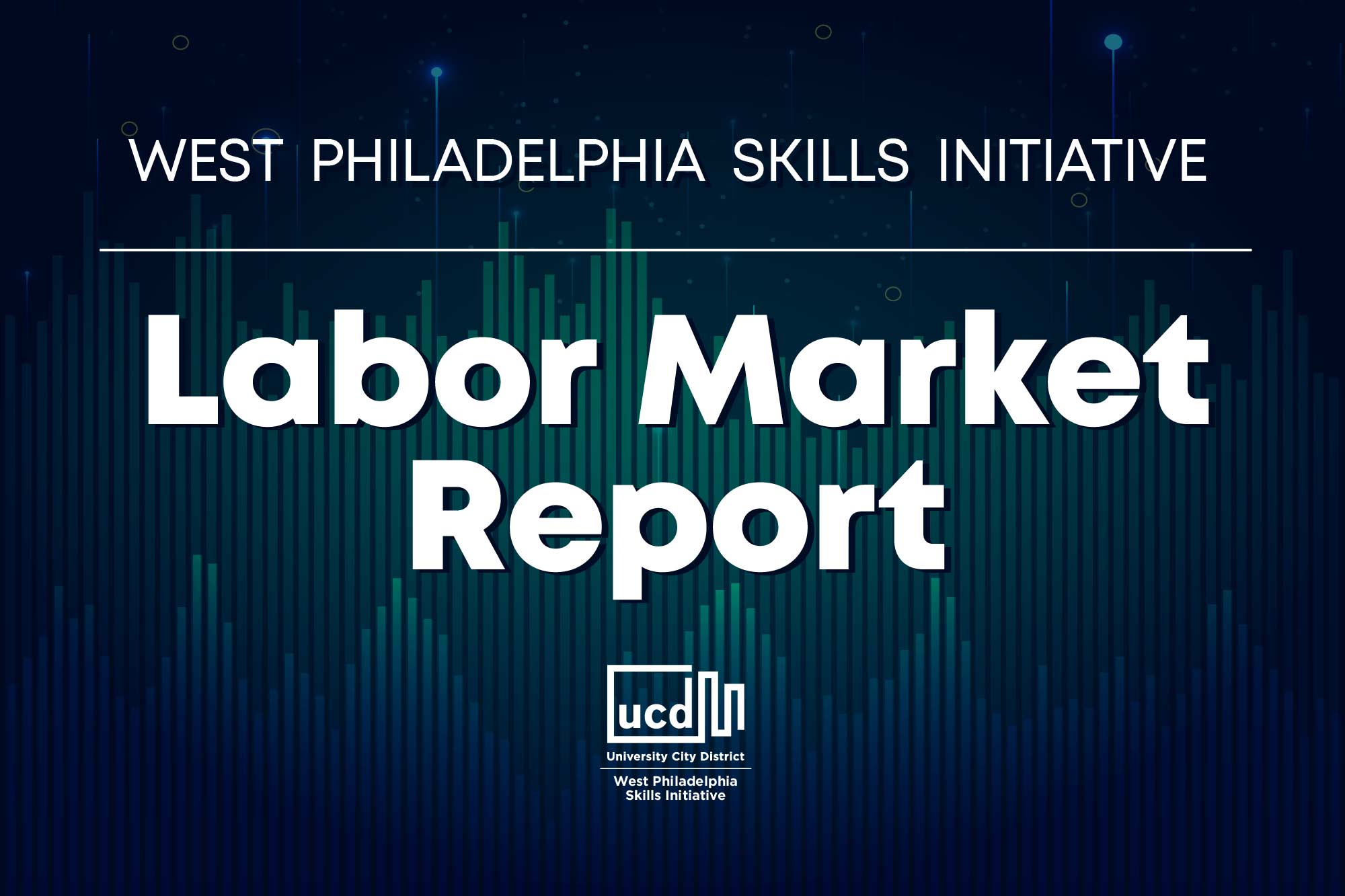Every week, we will be publishing labor market industry (LMI) data and important trends to consider in the development of an equitable economic recovery from the COVID-19 crisis. We are always looking for opportunities to learn, grow, and collaborate. Email wpsi@universitycity.org to learn more.
We have spent the last month sharing data that highlights the many serious challenges facing the labor market during COVID-19. This week, we are going to explore one bright spot, particularly for the city of Philadelphia.
Along with building trades, the workforce and economic development communities have long seen manufacturingacturing as a sector that can provide quality employment opportunities. Philadelphia, known as the “workshop of the world” for the first half of the 20th century, was built on manufacturing.
Part of Philadelphia’s historical manufacturing strength lay in its diversity. Textile mills dotted Kensington, shipbuilding took place in Port Richmond and South Philadelphia, and Baldwin Locomotive Works, which once occupied eight square city blocks from Broad to 18th Streets and Spring Garden to just past Noble Street, built steam engines. Companies ranging from General Electric to Disston Saw Works to M.A.B. to Bryer’s Ice Cream sat alongside countless smaller factories throughout the neighborhoods. Beginning in the latter part of the century, manufacturing began to move to southern states, and then overseas. Manufacturing employment, despite local efforts, took a nosedive.
Despite this decline, manufacturing never completely left Philadelphia. Overall levels of manufacturing jobs in the city and region continued to decline in the early 2000s but have leveled off since 2015. In recent years, small local manufacturers have expanded operations, and an industry partnership has been created to support their training needs.
When COVID-19 hit, job postings in the manufacturing industry rapidly declined, along with the rest of the economy. However, postings have recovered more quickly than many other industries. This trend is particularly noticeable in the City of Philadelphia. Job postings in the sector have recovered almost to pre-pandemic levels, while postings in the surrounding suburbs remain around 25% lower.
(Job postings in the manufacturing industry, Philadelphia City vs surrounding area. Weekly number of postings, as a percentage of baseline week postings.)
We view this as good news. What is particularly heartening is the diversity companies posting manufacturing jobs, especially within the city. During the pandemic, 10 companies were responsible for 36% of the manufacturing job postings in the surrounding counties, while the top 10 companies in the city were responsible for just 22% of total posting in the city. While total volume of manufacturing jobs in the suburbs is higher, Philadelphia’s manufacturing diversity seems to have allowed it to recover at a faster pace. The 10 companies in the city posting the most manufacturing jobs produce a wide range of products, ranging from pharmaceuticals to IT to defense to consumer goods.
While some industries like retail are rapidly consolidating, manufacturing appears to be maintaining a healthy diversity, which is helping it to recover more quickly. As we think about how to manage the recovery in Philadelphia, it will be important to continue this trend. Having eggs in many baskets will help to minimize shock when one basket gets dropped.
About the data: Data is sourced from Burning Glass Technologies Labor Insights, unless otherwise noted, covering job postings in the City of Philadelphia and the Philadelphia Metro Statistical Area (MSA), which is comprised of roughly a circle surrounding Trenton, Philadelphia, King of Prussia, Camden, and Wilmington. This data is then compared to a benchmark week of February 9th – 15th, which was the last week before the economic impact of COVID-19 began to be reflected in job posting data.

